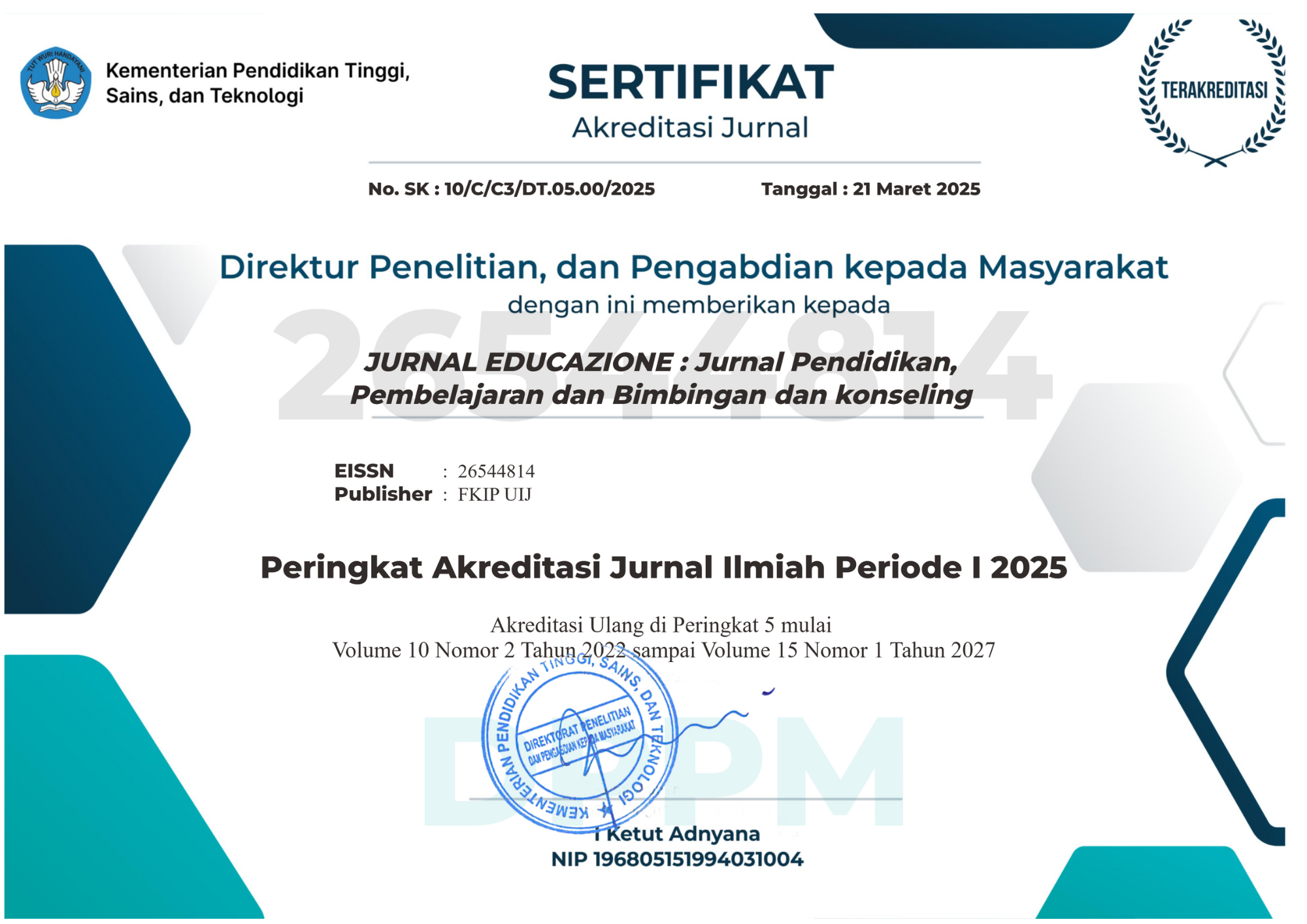Implementasi Teori Pavlov dalam Pembelajaran pada Kurikulum Merdeka
DOI:
https://doi.org/10.56013/edu.v11i2.2268Keywords:
Implementation; Independent Curriculum; Pavlov's TheoryAbstract
Learning theories have long been fundamental in education, describing learning as a process of behavioral change that combines new information with existing ideas. One important theory is Ivan Pavlov's classical conditioning theory, which shows how a neutral stimulus can be conditioned to trigger a specific response. In the context of 21st-century learning, the role of teachers is crucial in helping students develop skills relevant to the era of the Industrial Revolution 4.0. Through the concept of ‘Merdeka Belajar,’ teachers are given the freedom to determine appropriate teaching methods, which allows flexibility and creativity in the teaching and learning process. Although Pavlov's theory has shortcomings, such as dependence on external stimulus and neglect of the role of personal activity, its application remains relevant in helping students master skills through practice and repetition.
Downloads
Published
How to Cite
Issue
Section
License
Copyright (c) 2024 Ivo Firmancini Zanetty, Moch. Syabiqul Mukorrobin, Moh. Arifin

This work is licensed under a Creative Commons Attribution 4.0 International License.















 a
a 



